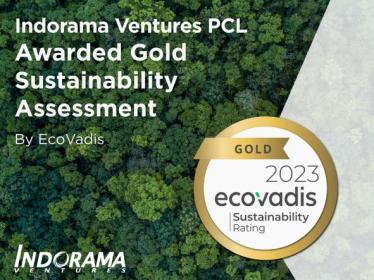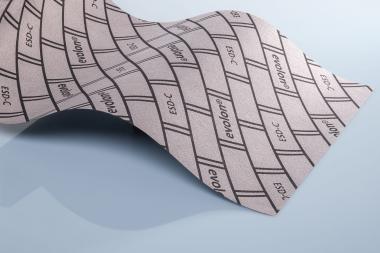Carbios joins Ellen MacArthur Foundation
Carbios announces its membership of the Ellen MacArthur Foundation’s Network. Carbios shares the Foundation’s commitment to accelerate the transition to a circular economy, especially in the areas of plastics and fashion. By joining the Ellen MacArthur Foundation’s Network, Carbios will connect with other leaders within the Foundation’s leading circular economy network of businesses, policymakers, academia, innovators, and thought leaders worldwide.
Carbios fully adheres to Ellen MacArthur Foundation’s vision for a circular economy for plastic. Its biorecycling and biodegradation technologies already match the actions defined by the Foundation:
- Eliminate all problematic and unnecessary plastic items
- Innovate to ensure that the plastics we do need are reusable, recyclable, or compostable
- Circulate all the plastic items we use to keep them in the economy and out of the environment
Through ambitious collaborative projects, plastics and fashion are two topic areas for the Foundation and are also at the heart of Carbios’ activities. Providing actionable solutions to support brands’ ambitious commitments for sustainable packaging and textile industries, Carbios has founded two consortiums: one in the packaging industry established with L’Oréal in 2019, which has since been joined by Nestlé Waters, PepsiCo and Suntory Beverage & Food Europe; another created in 2022 in the textile industry with apparel and fashion brands On, Patagonia, PUMA, PVH Corp. and Salomon. Together, the consortium members develop solutions promoting the recyclability and circularity of their products.
Joining the Ellen MacArthur Foundation’s Network takes Carbios’ circular economy actions one step further. Carbios recently underscored its commitment to circularity and environmental responsibilities by publishing its first Sustainability Report at the end of 2022[1]. In 2019, Carbios’ biorecycling and biodegradable solutions were among the first innovations to be labelled “Efficient Solution” by the Solar Impulse Foundation[2].
[1] Cf. press release dated 15 December 2022
[2] The Solar Impulse Foundation has identified over a thousand clean and profitable solutions that are economically viable and can be implemented on a large scale.
Carbios





























